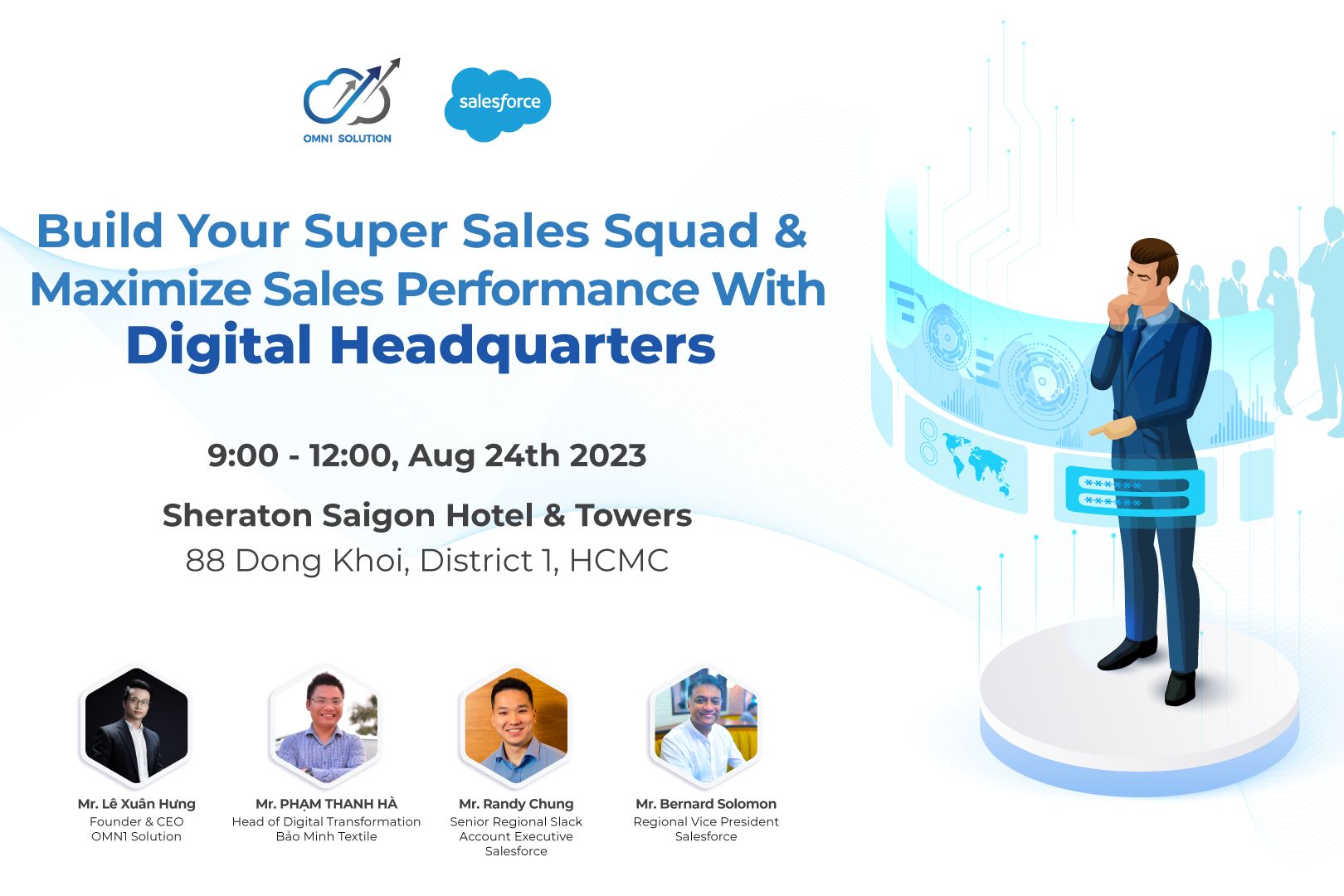In the digital age, data has become the most valuable asset of every business. However, many organizations still face a critical challenge: data fragmentation across multiple systems such as CRM, ERP, accounting software, marketing automation, and project management tools.
This leads to issues like inconsistent customer information, duplicate records, and time-consuming manual processes.
Salesforce API is the answer to that problem.
It acts as an intelligent bridge that allows systems to “communicate” with each other, automatically exchange data, and ensure real-time synchronization.
Thanks to its flexible integration capabilities, Salesforce API enables businesses to create a unified data ecosystem where all departments from marketing and sales to customer service work from a single source of truth.
The Salesforce Application Programming Interface (API) provides a powerful set of tools for developers, partners, and businesses to connect Salesforce with virtually any external platform.
Whether it’s sending customer data from a website to CRM, syncing orders from a retail system, or updating contract information from ERP all can be automated within seconds.
As a result, Salesforce API not only reduces operational costs but also accelerates customer response times, improving overall accuracy and efficiency.
Salesforce API: Building a flexible, secure, and scalable CRM ecosystem
One of the key strengths of Salesforce API lies in its diversity and flexibility.
Salesforce offers multiple API types tailored to different business integration needs:
- REST API: Lightweight and easy to implement ideal for web and mobile applications that require fast data exchange.
- SOAP API: XML-based, offering high security and control perfect for enterprises with complex IT environments.
- Bulk API: Handles massive data volumes (millions of records) efficiently and automatically.
- Streaming API: Enables real-time data updates ideal for live dashboards or monitoring applications.
- Metadata API: Manages configuration and customizations within Salesforce itself (e.g., objects, fields, layouts).
These options allow businesses to design integrations that fit their current infrastructure without overhauling existing systems.
Salesforce API and the Power of Workflow Automation
When data from multiple systems is synchronized through APIs, companies can build end-to-end automated workflows across departments.
For example:
- When a customer submits a form on the website, the API automatically creates a record in Salesforce CRM and assigns it to the right sales representative.
- When an order is confirmed in the ERP system, the API updates the order status in Salesforce and triggers an email confirmation to the customer.
- When a marketing campaign is launched, response data is automatically collected and sent to Salesforce for ROI analysis.
These automation flows drastically reduce manual errors, save time and operational costs, and deliver seamless customer experiences at every touchpoint.
Security and Scalability: The Core of Salesforce API
Security is a top priority for any organization integrating data systems. Salesforce ensures its APIs comply with the highest global security standards, including:
- OAuth 2.0 for secure authentication and access control.
- Data encryption (at rest and in transit) to safeguard customer information in every interaction.
- Rate limits to maintain system stability and prevent misuse.
Salesforce also provides a Sandbox Environment, allowing businesses to test and deploy APIs safely before moving to production.
As companies grow, Salesforce API easily integrates with new systems without major reconfiguration positioning Salesforce as the central data hub that connects everything from HR and finance platforms to emerging AI and IoT technologies.
Salesforce API in the Broader Digital Transformation Landscape
In every digital transformation strategy, connectivity plays a foundational role.
Even the most advanced CRM system can’t deliver its full potential if it operates in isolation.
Salesforce API eliminates these data silos by creating seamless bridges between internal and external applications.
Businesses can integrate Salesforce with payment gateways, marketing automation platforms, call centers, analytics tools, or e-commerce portals forming a unified technology ecosystem.
When all data is connected, leaders can finally see the full picture of their customers, enabling faster, more data-driven decisions and agile business operations.
👉 Let OMN1 Solution help your business implement Salesforce API effectively and securely.
We provide integration consulting, API customization, and end-to-end CRM automation, helping you save time, optimize data, and elevate customer experience.
🔥 Contact us today for a free consultation and demo of the most suitable Salesforce API solution for your business!












